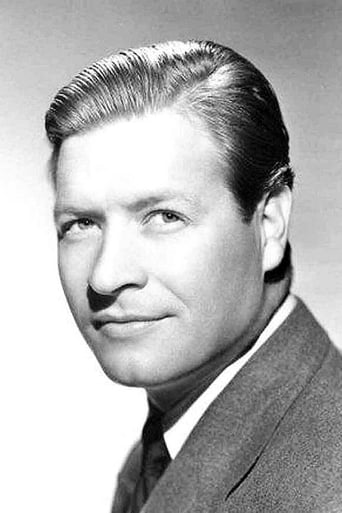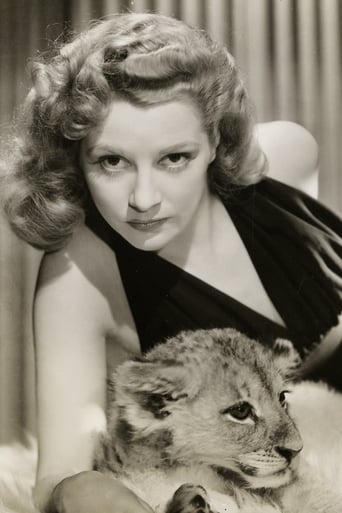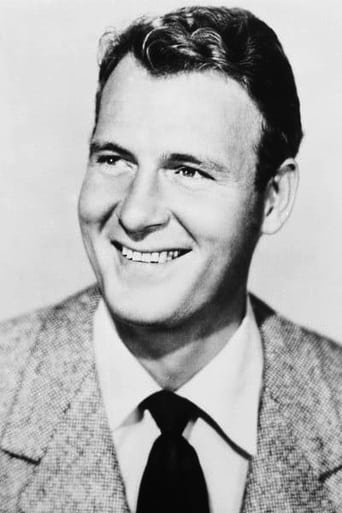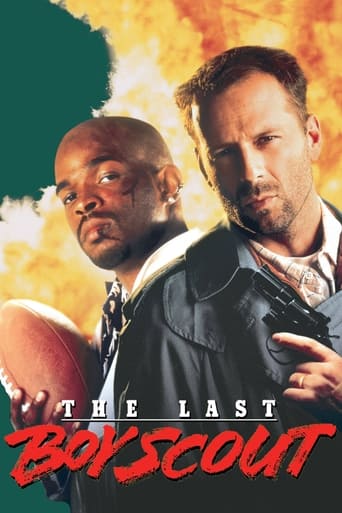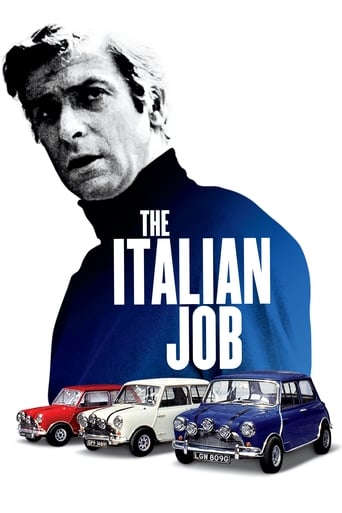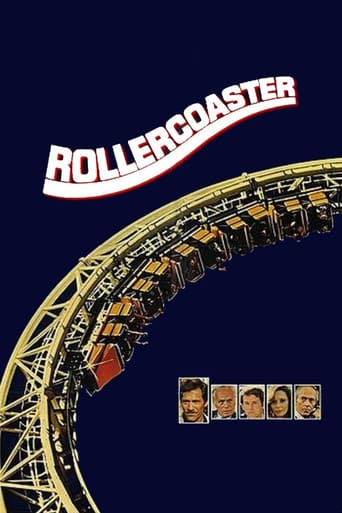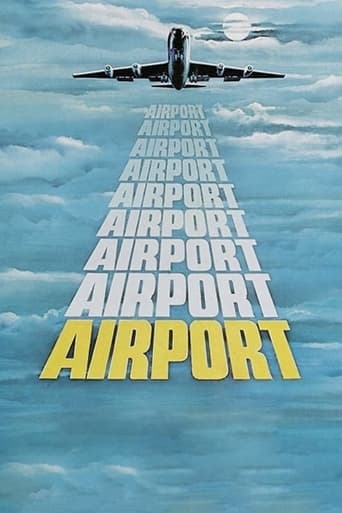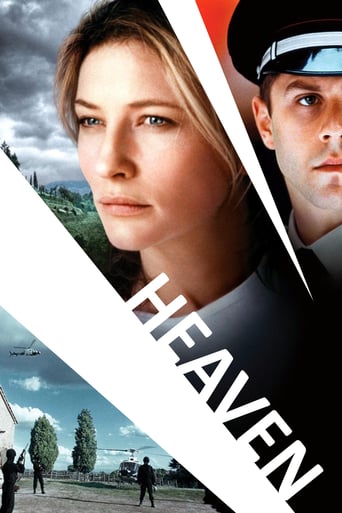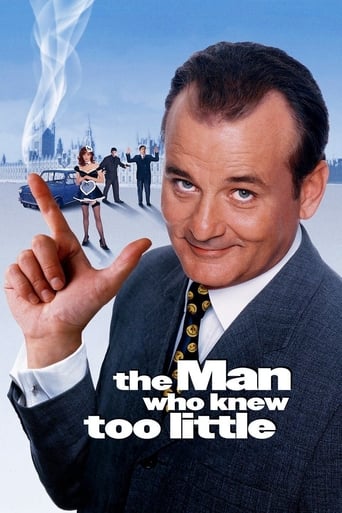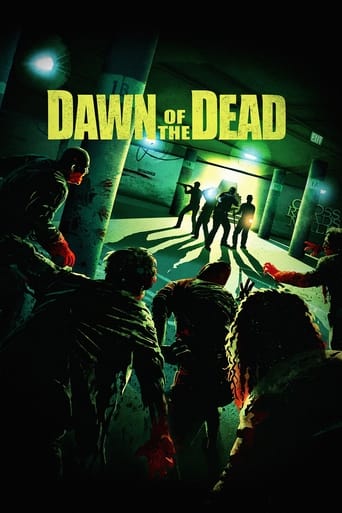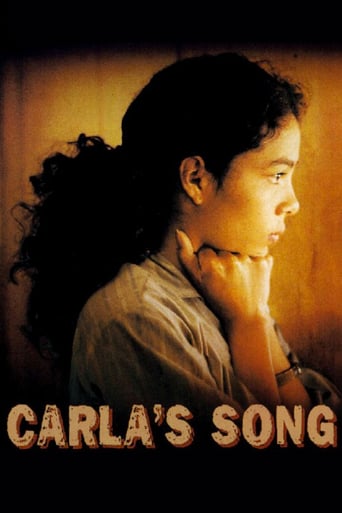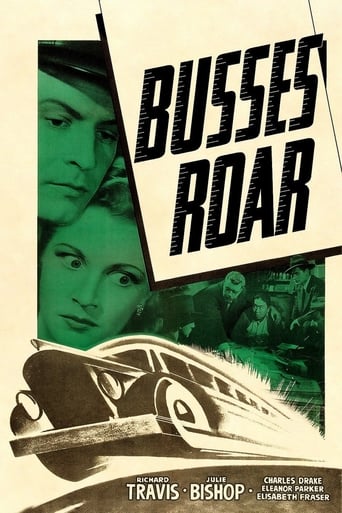
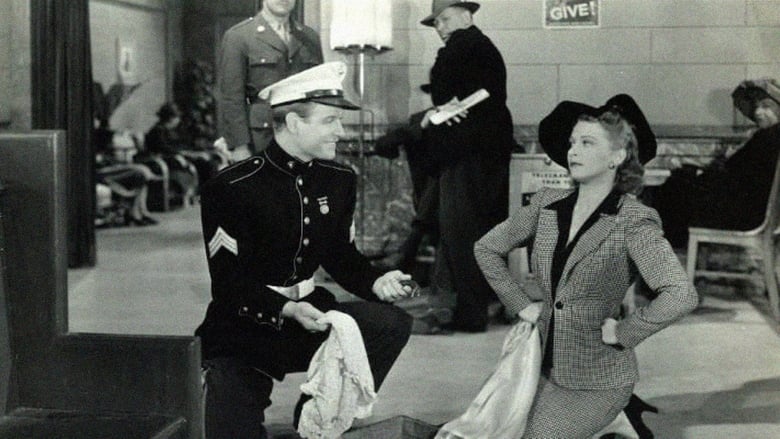
Busses Roar (1942)
A sergeant saves the day when Axis agents plant a bomb on a bus bound for California oil fields.
Watch Trailer
Cast
Similar titles
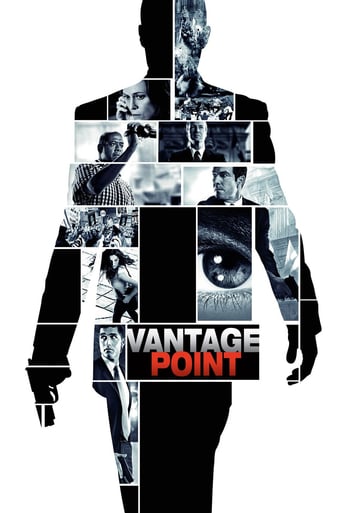
Reviews
Really Surprised!
Good movie, but best of all time? Hardly . . .
The film makes a home in your brain and the only cure is to see it again.
It's funny, it's tense, it features two great performances from two actors and the director expertly creates a web of odd tension where you actually don't know what is happening for the majority of the run time.
***SPOILERS*** Like a number of previous reviewers stated the film "Busses Roar" very likely inspired the plot for the blockbuster 1994 film "Speed" some 60 years later but despite it's low budget it just if not more entertaining. The Nazis and their Japanese allies are planning to blow up a number of oil instillation's along the Pacific Coast Highway and plan to use a passenger bus-The San Diego to San Francisco Line-to do it. With American traitor Jerry Silva, Rex Williams, given the task by his Nazi controller Hoff, Peter Whitney, to plant the explosive, that looks like a thermos bottle, on the bus he finds his what at first seemed simple task far more difficult that what he first thought it would be.***SPOILER*** One of the reasons is that the local bus terminal annoying moocher or panhandler, Bill Kennedy, is really an undercover Government Secret Agent who's on to what he's up to."Busses Roar" starts out like a 1970's disaster movie with all the characters in it introduced to the audience with us watching trying t figure out just who will end up alive or dead as well as the, what turned out be, unlikely hero or heroine in it is by the time the movie is over. The heroics comes late in the film with pretty Reba Richards, Julie Bishop, who at first didn't have the money, $5.40, for a bus ticket commandeering the runaway bus, who's brakes were cut by Silva, and keeping it together with it's some dozen passengers from crashing into an oil rig with time bomb planted on it detonating blowing the whole place to kingdom come!***SPOILERS*** There's also the elderly couple Mr & Mrs Dipper, Harry E. Bradey & Vera Lewis, who are on their way to SF to see their daughter with a box of oranges from their orchid. Unknown to them Silva planted the bomb together with the oranges where It was set to go off. It's old man Dipper, known to his family and friends as "The Big Dipper", who in finding the bomb among his oranges coolly disarmed it and prevented it from going off! As it turned out that the meek henpecked and grandfatherly looking Dipper was a top explosive expert with the US Army back in WWI! It was in fact African/Amerian actor Willie Best as the bus baggage handler "Sunshine" who got all the best lines and scenes in the film. Best who you would have expected to be the least heroic person in the cast ended up foiling the Nazi and Japaneses plans to blow up the bus by him bravely and mindlessly overreacting, instead of turning white with fright, to it!P.S The movie "Busses Roar" was 19 year old actress Elenore Parker who played bus ticket girl Norma first talking and credited film role.
This entertaining World War II era Warner Brothers B-movie sought to do what contemporary anti-terrorist movies are trying to do with post-9/11 audiences. Axis enemy spies Frederick Hoff (Peter Whitney of "Spy Ship"), Yamanito (Chester Gan of "Across The Pacific"), and their American henchman, Jerry Silva (Rex Williams of "Truck Busters"), decide to hide a time bomb on a commercial Mercury passenger bus bound from San Diego for San Francisco along a route past an oil field. Army security maintains such a close guard over the highway that they have re-routed all traffic except passenger buses to pass near the vital defense industries on both sides of the thoroughfare. Silva has to make certain that the explosives will detonate when the bus reaches the right place, so that the sight of the explosion will illuminate the targetthe oil field--sufficiently for the Japanese on a submarine at surface to adjust their gun sights for accuracy. Silva runs a veritable gauntlet in his efforts to smuggle the time bomb onto the bus. A considerably scaled down "Grand Hotel" on wheels and an obvious predecessor to "Speed," "Busses Roar" features a heterogeneous line-up of characters, such as Ryan (Richard Travis of "Truck Busters"), a bold Marine sergeant with a duffel bag of firearms; hen-pecked husband Henry Dipper (Harry C. Bradley of "Our Daily Bread") and his imperious wife on their golden anniversary trip to see their daughter; a womanizing clock salesman; two prudish spinsters (Lottie Williams & Leah Baird), and an attractive but penniless Reba Richards (Julie Bishop of "Lady Gangster") stranded and looking for a hand-out in the form of a ticket. Since Silva does not want to be riding the bus when the time bomb blows up, he gives Reba his ticket if she will transport his briefcase to a business associate in San Francisco. When nosy Sergeant Ryan demands to inspect the briefcase, Silva takes it away from Reba and goes to the baggage room to check it. While in the baggage room, Silva sends African-American baggage handler Sunshine (Willie Best of "High Sierra") after a bottle of liquor and switches the bomb from his briefcase to Reba's suitcase. A young man named Danny (Harry Lewis of "Dive Bomber"), eloping with his girlfriend, chooses the wrong time to walk in on Silva and immediately recognizes the object for what it is--time bomb. Silva smashes a bottle of Reba's cologne over Danny's head before he can notify the authorities. When Sunshine discovers Danny unconscious in the baggage closet, Detective Quinn delays the departure time for the bus and organizes a systematic search all luggage. Meanwhile, Silva tries to smuggle the bomb onto the buss, only to be caught by another detective who has been posing the entire time as a panhandler. Fortunately for Silva, Hoff arrives at an opportune to slug the second detective over the head, and Silva plants the bomb. The Axis saboteurs are not in the clear yet, because the clock salesman boards the bus and noses around in Reba's briefcase. Silver slips back onboard, stabs the salesman and rejoins Hoff. As the bus is about to leave the station, Reba wrestles her briefcase from the salesman and screams in fear when he slumps over dead in the aisle. Quinn orders everybody onto a new bus and calls the medical examiner. Silva retrieves the briefcase while nobody is looking and plants the bomb in a crate of oranges that the Dippers are taking to their daughter. No sooner has the bus pulled out of the station than a blackout occurs, and the bus driver has to pull off the road. Meanwhile, back at the bus terminal in San Diego, bus personnel find the unconscious undercover investigator groggy behind a stack of crates. He alerts them that Silva, part of a Nazi spy ring that he has been watching, stashed the bomb in an orange crate. Since the driver in the bus that has already left the station cannot use the radio during a blackout, Quinn, Sunshine, and another bus driver who knows the route in his sleep take an ambulances and rush off to warn passengers in the bus about the bomb. Meanwhile, the anxious saboteurs reach the bus before their rivals. They fear that the time bomb will detonate short of the target and its explosion will mislead the submarine gunners. Hoff and Silva hijack the vehicle with the women and children still onboard and drive it toward the target. Silva sabotages the brakes and sends the bus careening downhill toward the oil field. The passengers narrowly escape death, halting the runaway bus with a Herculean effort, while elsewhere Sunshine, Quinn and another bus driver capture the saboteurs. Ironically, hen-pecked Henry defuses the time bomb without difficulty and puts his bossy wife in her place when she explains how he did it. Director D. Ross Lederman, who later helmed "The Gorilla Man" and the controversial "Adventure in Iraq," solidly establishes these characters early so we never lose sight of who's who. The heroine is a classic Warner Brothers stereotype, a blue-collar dame down on her luck. Exuberant Richard Travis is unabashedly jingoist as the Marine sergeant who is momentarily embarrassed by the girlie magazines in his duffel. The villains are appropriately devious and dastardly but they don't have what it takes to pull it off. Of course, since "Busses Roar" was a wartime drama, Warner Brothers had no intention of letting the enemy triumph because that would have deflated morale. Indeed, this movie reflects its age with its wartime propaganda bias for the Allies, its hatred of all things Axis, its racist remarks about the Japanese, and its Jim Crow attitude. Nevertheless, Lederman pulls out the stops in the home stretch of this 58-minute epic with a bus chase and a near disaster collision with a power station. And yes, like Sandra Bullock, the heroic Julie Bishop steers the bus to a stop, saving everybody.
This is a most enjoyable movie,catching the spirit of the enemy as depicted by Hollywood in early WWII. Such a movie would be "politically incorrect" these days, as would "Outrages of the Orient" which I recently purchased. I remembered it from childhood, but found it now to be trashy compared to "Buses Roar".
This Warners programmer is rarely seen today, and that's a pity. It does show up occasionally on DVD, and I found a 16mm copy in the Wisconsin State Historical Society. I enjoyed the entertaining World War II-based storyline with its loose-lips-sink-ships propaganda. Warners didn't miss adding a plug for Victory Bonds, either. (Good for them.) It's set mostly within a large bus terminal along the California coast on one dark night shortly after the onset of the War. Within the spacious interior, civilians and military personnel intermingle around the big waiting-room and its ticket counters, the news-stand, cocktail lounge and restaurant, and also eventually in the rear service areas. This interplay allows the opportunity for the human drama to unfold.At the time of production, there was a real-life submarine sighting along the West Coast, and in "Busses Roar" we see Axis spies and saboteurs scheme to plant a bomb on a coastline bus to create a target beacon for an offshore sub. That plot device pales, though, in comparison to the interesting characters who pass in and through the ornate bus station, each with his/her own traveler's tale to tell."Busses Roar" has a multi-personal, kaleidoscopic plot that you'll like, and another terrific plus is the great background music score by William Lava, Howard M. Jackson and Max Steiner. Today's expensive films should have such talent.The second half of the film has road action on the pre-Interstate nighttime coastline highways, within those long, low-slung, almost sinister-looking front-engine buses with rooftop luggage racks that predate today's boring cruiser-coaches. (Interestingly, they're equipped with radios for background music and war news.)As the spy plot thickens, there is a chase, failed brakes, and a runaway bus. (The buses do indeed roar as their headlights sweep the night and dramatic camera angles emphasize looming fenders, wheels and grilles. Great stuff.)The Warners cast pulls it off gracefully with humor and without heavy-handed tactics. Willie Best, of course, steals every scene.If you like the great 1940s Warner Brothers "look", or wartime-themed films, or great little programmers, or train/bus/plane/ship action films, seek out "Busses Roar". It's high entertainment that deserves being seen.
